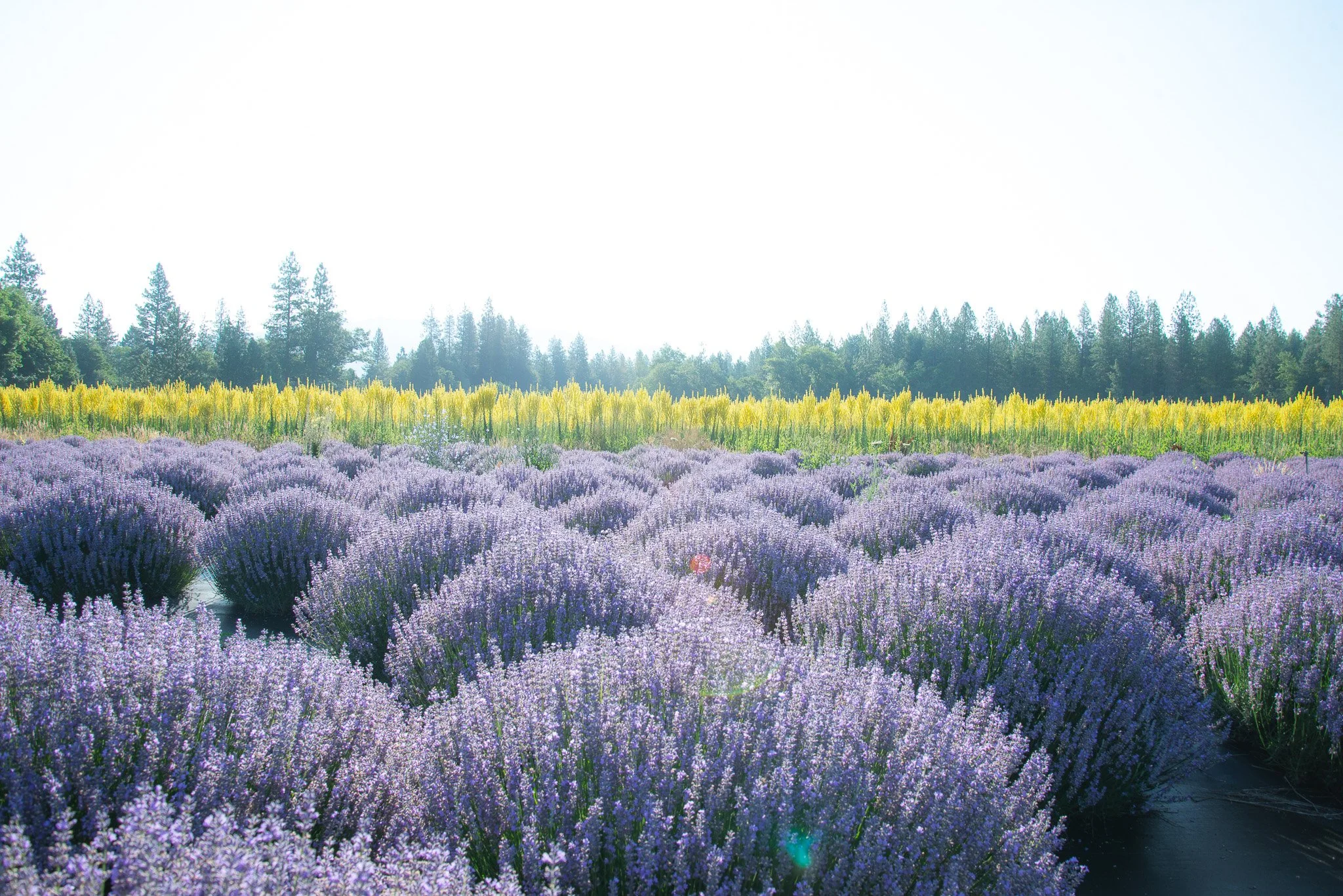Feature: Fresh from the Pharm
Herb Pharm has been committed to making ethically produced, high-quality herbal tinctures on its vast, undisturbed organic acreage in the US since 1979. So, what can independent retailers expect from their UK launch this year? Matt Chittock meets the Oregon-based team to find out.
Herb Pharm is the latest leading US natural brand setting its sights on the UK market — with indie retailers key to their strategy.
“We really understand the value of independent retailers and want to have a strong partnership with them in the UK,” explains Daniel Marple, Herb Pharm’s CEO. “[The sector] is where people go to discover brands. I’ve seen from my store visits just how important the clerk in the aisle really is. They’re the people who understand the quality of our products and can be the centre of our circle of influence.”
Plus, as Marple knows, independents are extremely discerning, which is why the brand’s setting out to win them over by focusing on the power and provenance of its herbal tinctures.
Fresh from seed to harvest
Herb Pharm’s story starts in 1979, when founders Ed Smith and Sara Katz moved to rural Oregon, near the Californian border, in search of a more natural lifestyle. It’s a perfect place for growing herbs, benefiting from a Mediterranean-style climate which is very hot and dry in summer, with moisture streaming up from the Pacific in winter.
Matt Dybala, Herb Pharm’s director of agricultural operations, has been a passionate organic farmer since he was 19, and has now worked with the brand for 20 years.
He explains how its vertical integration approach (being able to grow and process herbs in the same place) sets it apart from the competition.
“It’s pretty incredible because we’re committed to having complete oversight of the ingredients,” he says. “While most brands will buy dried herbs from other sources, we produce almost 80% of our ingredients on-site. As farmers, we actually get to work with plants from seed to harvest. So today our whole team is over in the field right now, picking chamomile. It’s 9am and we’re getting ready to hand off 300 pounds of fresh chamomile flower to go right into our extract.”
Herbalists maintain that having a personal relationship with herbs is incredibly important. Dybala talks vividly about the experience of growing them in organic conditions. He likens the individual sense of place that’s expressed in the herbs to the process of viticulture. And just like grapes for wine, he says that the herbs he helps grow have their own unique flavour profile. Just using a tincture can put him in mind of the season it was produced.
He adds that this holistic process can make the finished tincture more potent and ‘the final chemistry much more distinct’.
This potency is amplified by precision harvesting techniques. “On other farms they’ll use the whole plant — including stems, leaves and flowers,” he says. “From a potency perspective, that stem is pretty much just carbon. Instead, we go after a really specific part of the plant where we know the properties are the strongest.”
Dybala values strict certification as the foundation for the brand’s ultra-ethical approach — with the farm certified to both USDA Organic and Regenerative Organic standards. This doesn’t just cover soil quality, but also wildlife and nature stewardship, as well as offering a fair deal to workers who have historically been poorly treated by the global herb industry.
“We've abolished slavery but we still have these unfair labour practices,” he says. “Farmers can be overworked and underpaid and get into unsafe situations. Having oversight over the actual farmers on our farm is very important to us.”
“We have an obligation to steward the land. But you’re not just working with soil and water, you’re working with the beautiful natural habitat that surrounds us — the native forest is just spectacular — and people who work on the land.”
A powerful story to tell
With the UK’s huge appetite for herbal products, it seems a natural choice for Herb Pharm’s next move.
In the US it offers over 200 products (most recently moving into medicinal mushrooms). But for its UK debut it’ll focus on around 20, including favourites like Lavender, Ashwagandha, Super Echinacea, Devils’ Claw, Maca, Valerian and Holy Basil. The products come in six categories – harmony, immunity, purity, respiration, restoration and vitality — and are being sold as liquid/herbal food supplements.
The company has plenty to communicate about its products, ethics and approach. And social media will be a big part of its strategy.
“For the longest time [our main shoppers] were herbalists looking for the highest-quality product,” says Marple. “But as our distribution has grown, we’re tapping into a consumer that is more engaged with their health. And so, a lot of the younger generation is discovering us on Facebook, Instagram, even TikTok.”
As ever in natural health, word of mouth will be key too. And that’s where independent health stores can be the real influencers.
“We know our message of a company that owns its own farms and puts sustainability and quality first can be unique and different in the UK market,” says Marple.
“With our intense commitment to sustainability and soil health, it means you get healthier plants, healthier humans.”
By Matt Chittock, features writer




